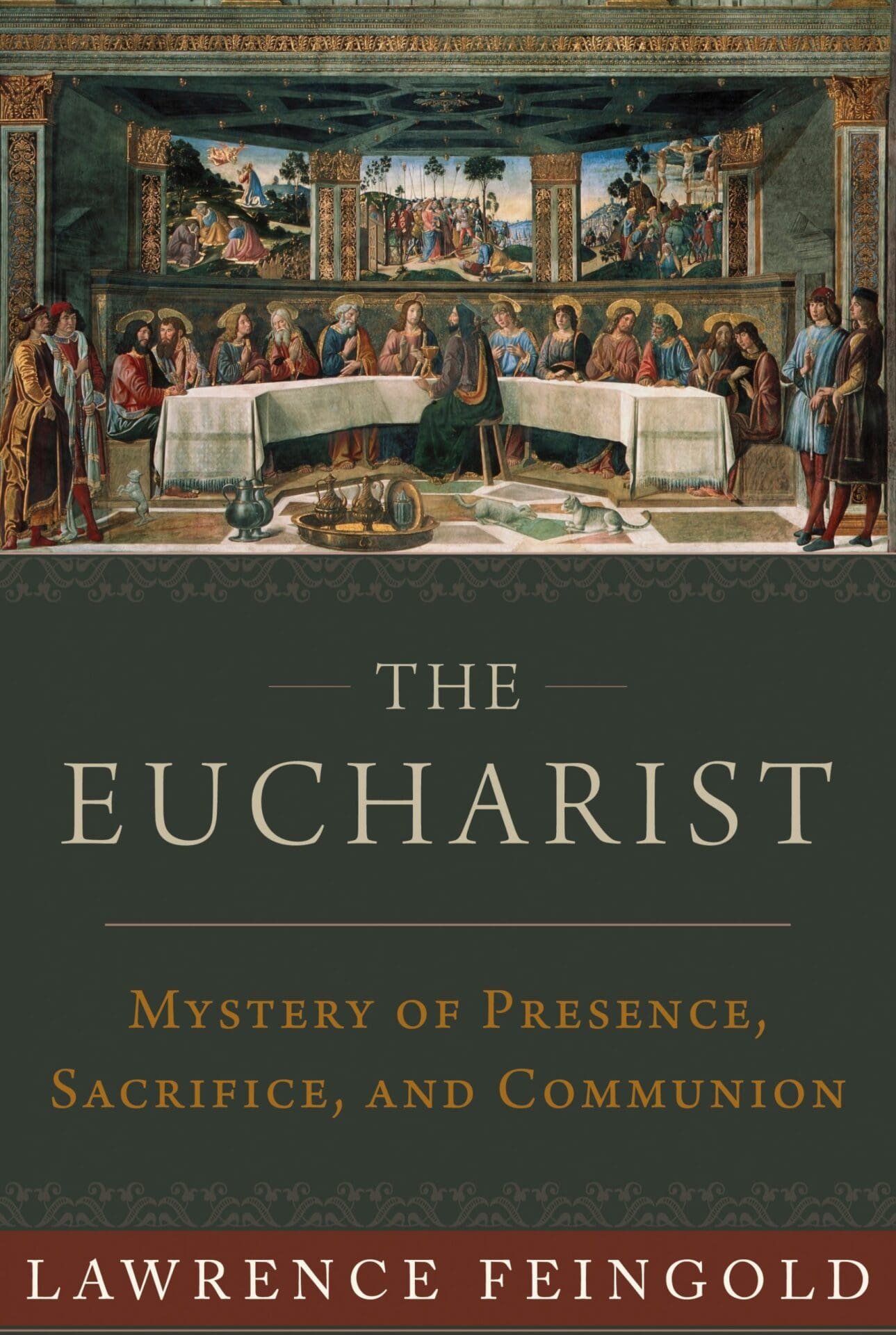Vatican City (CNA)—Vatican officials have said there are no plans to discuss changing the matter of the Eucharist during an upcoming synod for the pan-Amazonian region of South America.
The possibility of changing the kind of bread allowed to be used in the celebration of the Eucharist does “not appear in the Preparatory Document for the Special Assembly next October and therefore is not a subject of the next Synod,” Bishop Fabio Fabene, Undersecretary of the General Secretariat of the Synod of Bishops, told CNA.
The clarification comes after a Brazilian Jesuit theologian said last month that the October synod on the Amazon could consider the substitution of wheat bread in the eucharistic species with a host made from yuca—a root plant common in the Amazon.
Father Francisco Taborda, SJ, said that a fundamental shift in the matter of the Eucharist was a likely topic to be addressed during the special session of the Synod of Bishops for the Pan-Amazonian region in October.
Speaking to Crux, Father Taborda suggested that because of the humidity in the Amazon at different times of the year, wheat bread sometimes becomes overly moist—something he suggested could justify a radical departure in sacramental teaching and disciple.
If bread turns too moist, “it’s not bread, and if it’s not bread, it’s not the Eucharist,” he said.
The teaching of the Church on the essential matter for the consecration of the Eucharist is closely regulated. Canon 924 §2 of the Code of Canon Law states that the bread “must be only wheat.” Similarly, the wine used must be natural and made from grapes and mixed only with water.
Father Mark Morozowich is the Dean of the School of Theology and Religious Studies at the Catholic University of America, an ecclesiastical faculty with special authority from the Vatican to teach theology.
Father Morozowich explained to CNA the principles that govern “enculturation,” or deference to local circumstances, within the Mass.
“The Church has always enculturated the liturgy,” he said. “This is something we’ve done through the centuries in every single place from the very beginning.”
Starting with the first ministry of the apostles, he said, “the Church lived Jesus Christ, proclaimed his cross, death, and resurrection. The Church proclaimed Jesus Christ being present body and soul in the elements of the Eucharist.”
He said that there have been, and continue to be, some regional differences in the matter used in the celebration of the Eucharist, but those differences are limited by the Church’s doctrinal teaching.
“Classically, we can look at the very clear acceptance of the Byzantine rite having a leavened bread for its Eucharist, whereas the Roman Church has an unleavened bread for its Eucharist.”
“Both are different but yet both are valid matter according to their own ritual tradition,” Morozowich said. “This is something that has been going on for two thousand years.”
“Some people talk about the use of something else besides wheat flour or the use of something besides wine in the Eucharist; one important part of this is certainly about [remembering] what we are expressing in this prayer, but there’s a continuity to the sacrifice of Christ when he was on this Earth. That basic principle needs to be reflected in all these discussions.”

